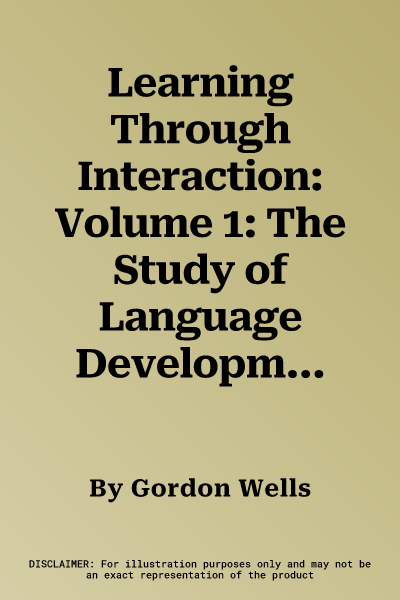There have been many studies of children learning to talk, but perhaps
none as comprehensive - in terms of the number of children involved, the
period of continuous observation and the scope of the analysis - as the
Bristol Study of Language Development. This is the first full-length
volume to be written by members of the research team and it is a
fundamental study of language development from infancy to primary
school. It synthesises the research to date and discusses some key
socio- and psycholinguistic themes with reference to transcribed
excerpts from spontaneous conversations recorded by the team and to
experimental data. The authors' central argument is that conversation
provides the natural context of language development and that the child
learns through exploring his world of interaction with other people. The
quality of learning is seen to depend particularly on the strategies
that adults employ to develop and extend children's contributions to
interaction. This has important practical implications for the
transition from home to school, and the second part of the book examines
the differences and similarities between the talk that goes on in these
two environments. The final chapter considers the development of
literacy. The model of language development presented here will make
stimulating and challenging reading for a wide range of sociologists,
psychologists and educationalists as well as being of particular
interest to linguists.

